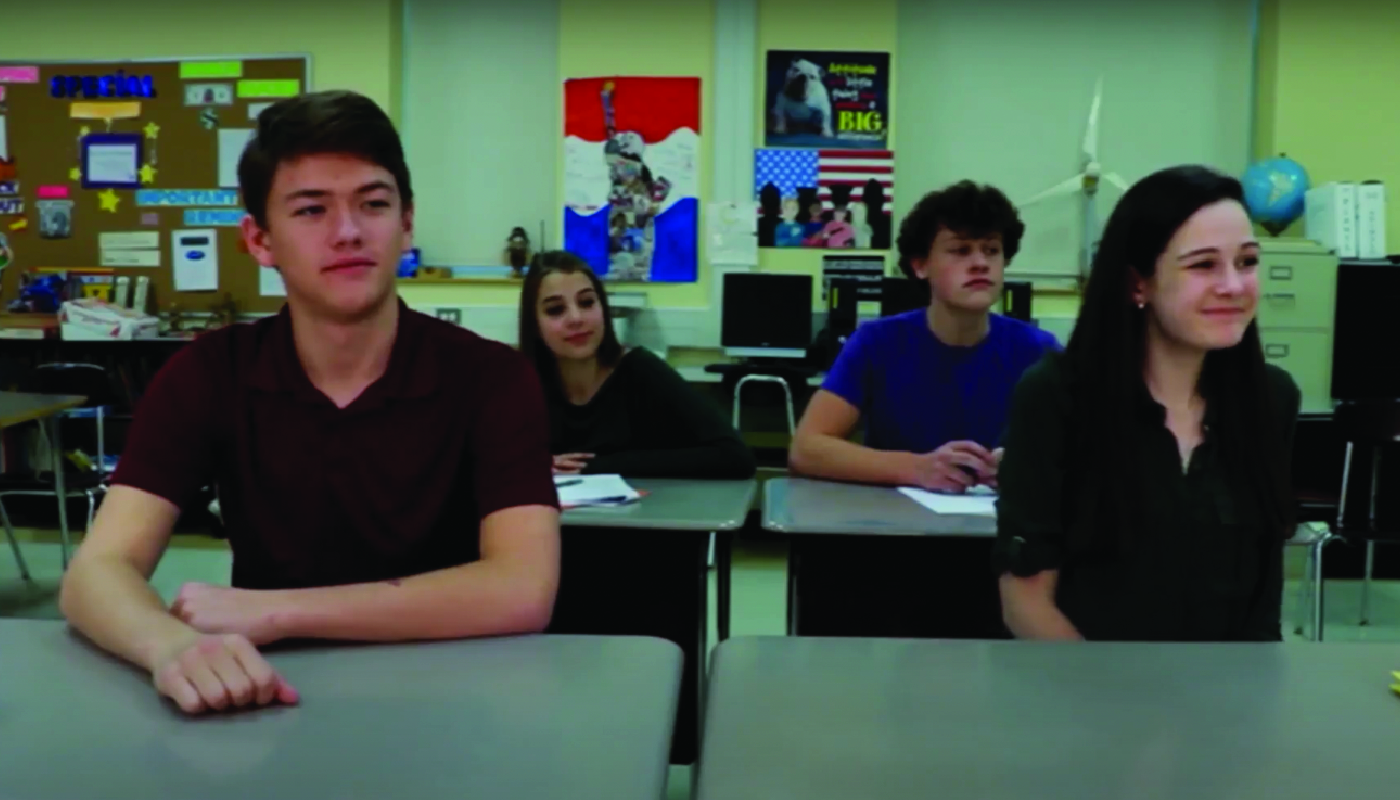Introduction
Self-control is an essential skill that enables individuals to manage their feelings and behaviors, even in challenging situations. It is particularly important for students in special education, as it helps them to avoid impulsive actions and maintain focus on their tasks. This blog post will provide an overview of self-control, a no-prep activity, discussion questions, related skills, and further resources to help educators teach and support their students in developing this crucial skill.
No-Prep Activity: The Self-Controller Scanner
This activity requires no preparation or materials and is designed to teach students the concept of the Self-Controller Scanner, a mental tool they can use to stay in control of their feelings and actions. To begin, have students sit quietly and follow these steps:
- Ask students to close their eyes and take a few deep breaths to center themselves.
- Guide students to scan their bodies and brains, noticing how they are feeling in the moment. Encourage them to identify any physical sensations or emotions they are experiencing.
- Ask students to consider whether they are paying attention and if they know what is being discussed.
- Have students think about what they can do to regain control if they feel overwhelmed, excited, or upset. They may need a break, a snack, or a calming strategy like deep breathing or stretching.
- Encourage students to choose the strategy that works best for them and practice it in the moment.
Repeat this activity as needed to reinforce the concept of the Self-Controller Scanner and help students develop self-control skills.
Discussion Questions
After completing the no-prep activity, use these questions to spark further discussion and enhance students’ understanding of self-control:
- Why is self-control important in school and everyday life?
- Can you think of a time when you used self-control to manage your feelings or actions? What strategies did you use?
- How can we support each other in developing self-control?
- What challenges might we face in practicing self-control, and how can we overcome them?
- How can the Self-Controller Scanner help us become more aware of our feelings and actions?
Related Skills
In addition to self-control, there are several other social-emotional learning skills that can benefit students in special education. Some of these include:
- Empathy: Understanding and sharing the feelings of others.
- Communication: Expressing thoughts, feelings, and ideas effectively.
- Problem-solving: Identifying and resolving conflicts or challenges in a constructive manner.
- Decision-making: Evaluating options and making informed choices.
- Self-awareness: Recognizing one’s emotions, strengths, and areas for growth.
Next Steps
To further support your students in developing self-control and other essential social-emotional learning skills, sign up for free sample materials at Everyday Speech. These resources include videos, activities, and games designed to help educators teach and reinforce these vital skills in the classroom. By incorporating these resources into your curriculum, you can empower your students to better manage their emotions, behaviors, and relationships, setting them up for success both in and out of the classroom.










